Ken’s Reflections
Teachers and Students Aren’t Discussing Election Politics. That’s a problem for ALL Americans.
We Can Reduce Gun Violence in Schools - Do We Have the Will?
Why Dysfunctional Adult Relationships Hurt Children (Good News: There is a Solution)
Meet our Advisors and Staff (and a Word about our Current and Upcoming Episodes)
Without Personal Connections, Facts and Reasons Seldom Matter
Empathy is needed now more than ever. Why is it so hard to do?
Find blog content by topic, guest, or category.
On December 13, 2024, I was sworn in as a Trustee for the El Dorado County Board of Education in Northern California. I’m eager to share a couple of fascinating stories about how I was able to get support from liberals and conservatives.
One would think schools are the perfect place for students to learn about elections. What better opportunity to use their critical thinking skills to make sense of what the candidates are saying, to distinguish credible information from what they often encounter on social and mainstream media? These skills would certainly serve them well after the election when there are sure to be protests, claims, and counterclaims about election fraud and tampering.
However, a recent EdWeek survey found that many teachers wouldn’t be discussing the 2024 presidential election with their students. For some, it was because the election was not part of their curriculum, but others cited concerns about parent complaints and fear that students could not discuss the election respectfully.
It’s one thing when partisan politics prevents policymakers from adopting common sense gun safety laws, but another thing altogether when they (and most Americans) agree on a proven remedy like mental health support, and they (we) still cannot find the will to fund it adequately. Have they (we) simply become de-sensitized to these tragic events? Do we have the right to call our society “civil” if we allow mass shootings on school campuses to become normalized?
What factors matter most when it comes to school quality and students’ academic, social, and emotional learning? One factor may surprise you: adult relationships.
In 2006, Harvard educator Roland Barth wrote, “The nature of relationships among the adults within a school has a greater influence on the character and quality of that school and on student accomplishment than anything else…If the relationships between administrators and teachers are fearful, competitive, suspicious, and corrosive, then these qualities will disseminate throughout the school community.”
In these post-pandemic, polarized times, declining levels of trust and civility among adults in and out of schools are having a profound impact on students. The good news is that when educators have the courage to acknowledge and discuss the problem, trust and professional relationships can be strengthened. That, in turn, will lead to improvements in teacher retention, professional collaboration, and overall staff morale, all of which will improve outcomes for students.
Two years ago, we launched Courageous Conversations about our Schools. We have now produced over 20 podcast episodes, published a regular newsletter and BLOG, and provided on-the-ground support to a number of educators, parents, and school leaders seeking better ways to collaborate.
I decided it was time to create a formal Advisory Board – people I could lean on for advice about the stories we should be covering, the people we should be interviewing, and the bridging strategies we should be promoting.
It’s my great honor to introduce you to to the amazing people who agreed to serve in this capacity - a team that includes some of the nation’s best minds on conflict and polarization. Several of them have been guests on our podcast, and all of them are deeply committed to our mission: to create spaces where educators, parents, students, and policymakers can speak from the heart, listen to one another, and engage in fruitful conversations that strengthen America’s public schools.
I am also eager for you meet our support staff, two highly talented and dedicated individuals who have been with me from the start of this project.
February 1st marks the start of Black History Month, a time when America calls attention to the rich and varied contributions of African Americans throughout our history, along with their sacrifices.
But in these polarized times, students are learning less about Black history. In fact, since 2021, 44 states have adopted new laws restricting what teachers can discuss with their students. Many of these laws prohibit the teaching of “divisive concepts” or any subject matter that might cause students to feel “discomfort,” “guilt,” or “anguish” because of their race. In her article, Why Teachers are Afraid to Teach History, Rachel Cohen writes, “For years, the school culture wars were waged over God and prayer, and how and whether to teach evolution and sex. But over the last decade, the fights have turned more toward how we frame our nation’s past, particularly how we characterize America’s histories of racism and colonization, and their relevance to today.” And, as journalist David W. Blight writes in the New Yorker, “Once again, Americans find themselves at war over their history—what it is, who owns it, how it should be interpreted and taught.”
If you are familiar with my podcast, you know my aim is to have better and less antagonistic conversations about controversial issues affecting our schools. The first question I ask my guests – people with divergent experiences and perspectives – is always a personal one. Like the one I used in my most recent episode on homeschooling: What teacher significantly impacted your life?*
Heidi Sampson, a Republican legislator from Maine and veteran homeschooler, spoke about her high school biology teacher who “found the flicker, fanned the flame” and enabled her to pursue her dream -- to become a scientist.
Samantha Field, who was homeschooled herself, recalled her piano teacher, who “was such a strong advocate when I didn’t have anyone else in my life advocating for me.”
As I watched and listened to my other two guests share their teacher stories (we’re on Zoom, so we can see each other), I noticed all of them had been smiling. No doubt because they were sharing fond, personal memories. This small group of strangers quickly learned something about each other – something intimate and moving.
These exchanges, brief as they are, change everything.
If we want to de-fuse the culture wars in education; if we are exhausted by toxic polarization and saddened by fractured relationships among friends and family, there is one thing we must become better at: empathy.
Empathy is transformative. It cuts through differences, outrage, and mistrust. It enables us to become more productive, even when we disagree.
But it’s also hard. It’s counterintuitive, and it takes time, practice, and commitment to do it well. This reflection is about the benefits of empathy and the challenges that must be overcome in acquiring this vital skill.
From our beginnings as a podcast focusing on the culture wars threatening America’s public schools, we're evolving into something broader and, we hope, more helpful to those concerned about the future of education in this country.

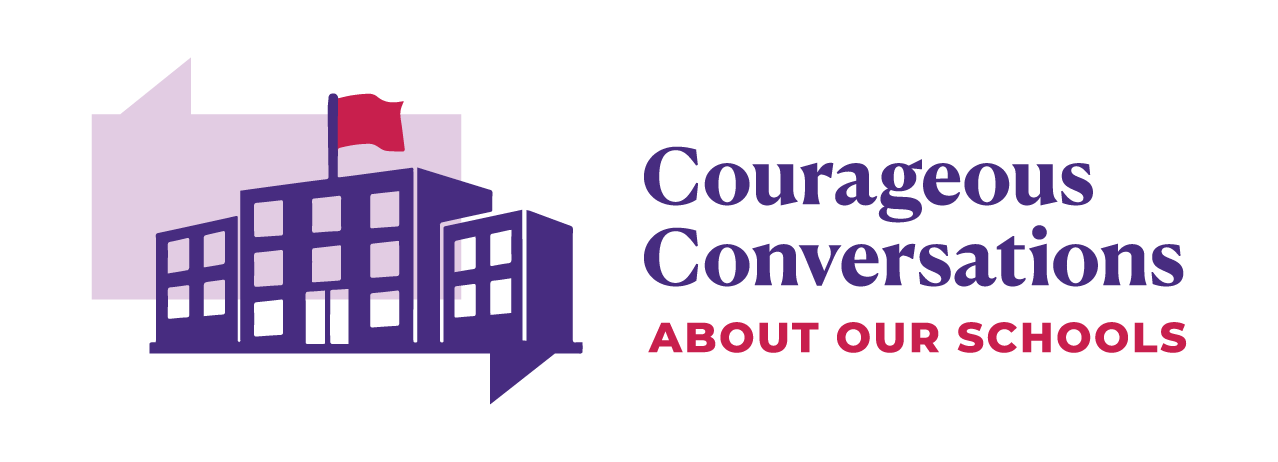



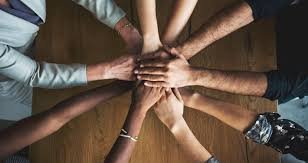
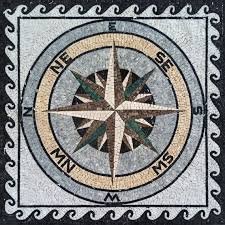
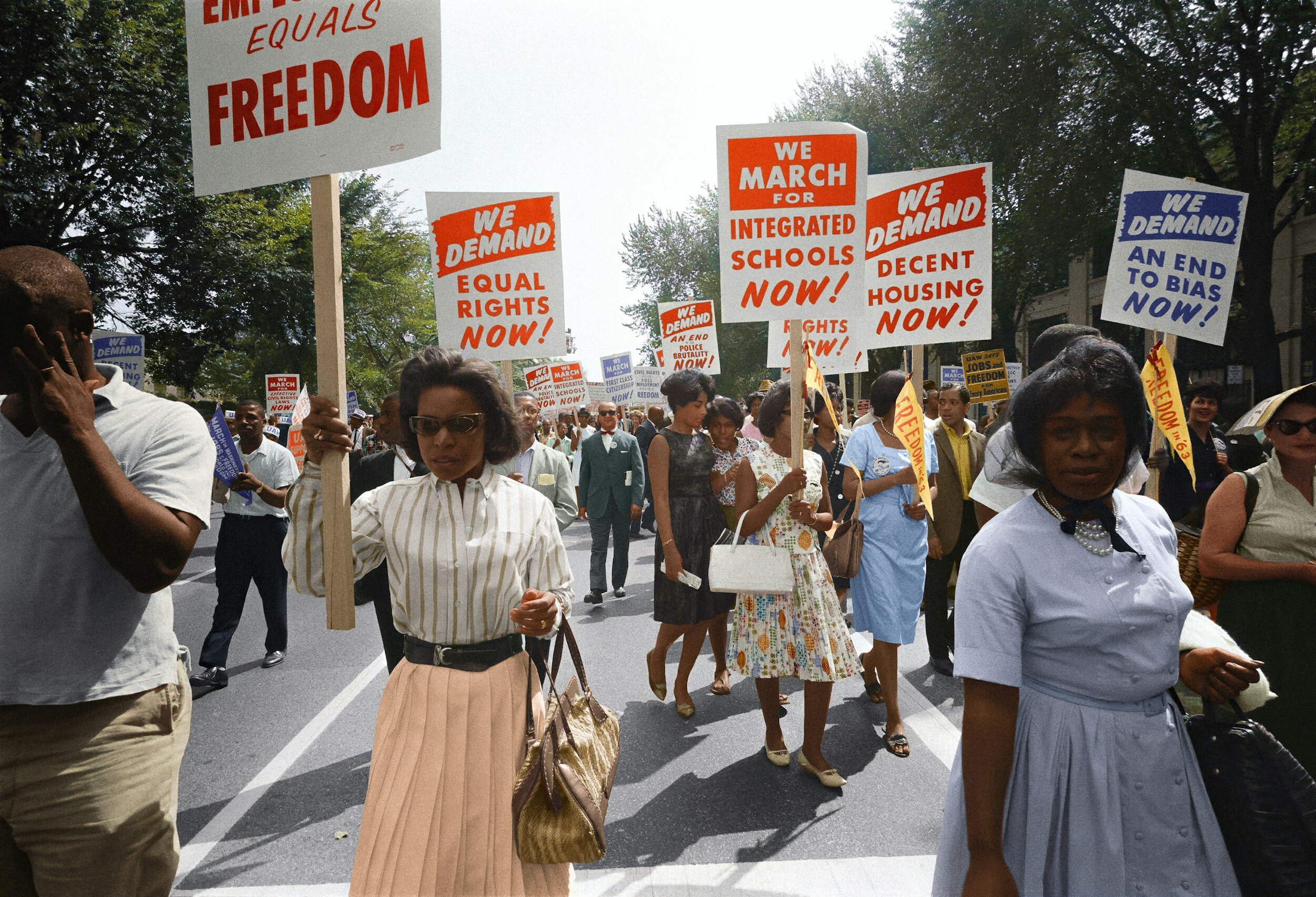

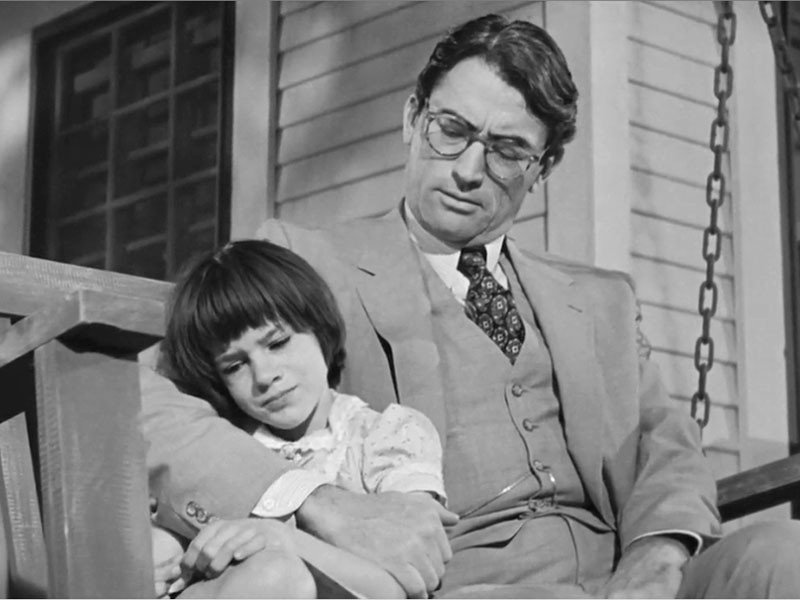

Martin Luther King, Jr. is known for promoting hope, unity, love, and nonviolence during the civil rights movement of the ’60s. What’s convenient for many of us to ignore is King’s call to action in the face of injustice.
Do we have an obligation to act when dialogue and treating others with dignity don’t get results?